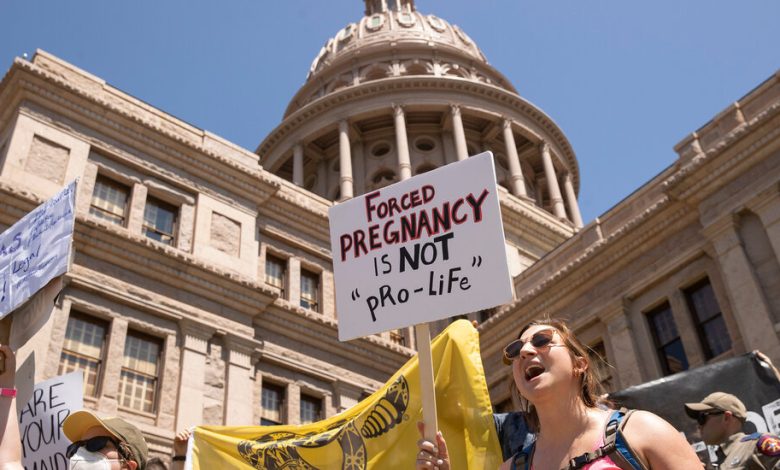In Texas, Infant Mortality Rose After Abortion Ban

New data from Texas shows a possible consequence of abortion bans: a rise in infant mortality.
In 2022, the year after the state’s six-week abortion ban took effect, deaths of infants before their first birthdays increased 13 percent, an analysis published Monday in JAMA Pediatrics showed.
The increase was driven by congenital defects or chromosomal abnormalities, it found. The number of babies with such conditions who died rose 23 percent in that period, compared with a 3 percent decrease in the rest of the country.
Fatal fetal anomalies include trisomy 18 or conditions in which fetuses are missing kidneys or parts of the brain. Many are not discovered until the anatomy ultrasound at roughly 20 weeks of pregnancy, well after the gestational age limit in Texas’ abortion ban.
The results “suggest that additional live births occurring in Texas in 2022 disproportionately included pregnancies at increased risk of infant mortality, particularly those involving congenital anomalies,” the study’s authors wrote.
The period of the study did not include most babies born after Dobbs, the Supreme Court decision in June 2022 that ended the constitutional right to abortion. Seventeen states now have total bans or six-week bans, and most do not have exceptions for fatal fetal anomalies.
It takes a long time for complete data on births and deaths to be released, so it is too early to know much about the effect of these bans on infant mortality. But the new study adds to research on earlier bans showing a link to increases in infant deaths, births with chromosomal abnormalities, and maternal health complications.